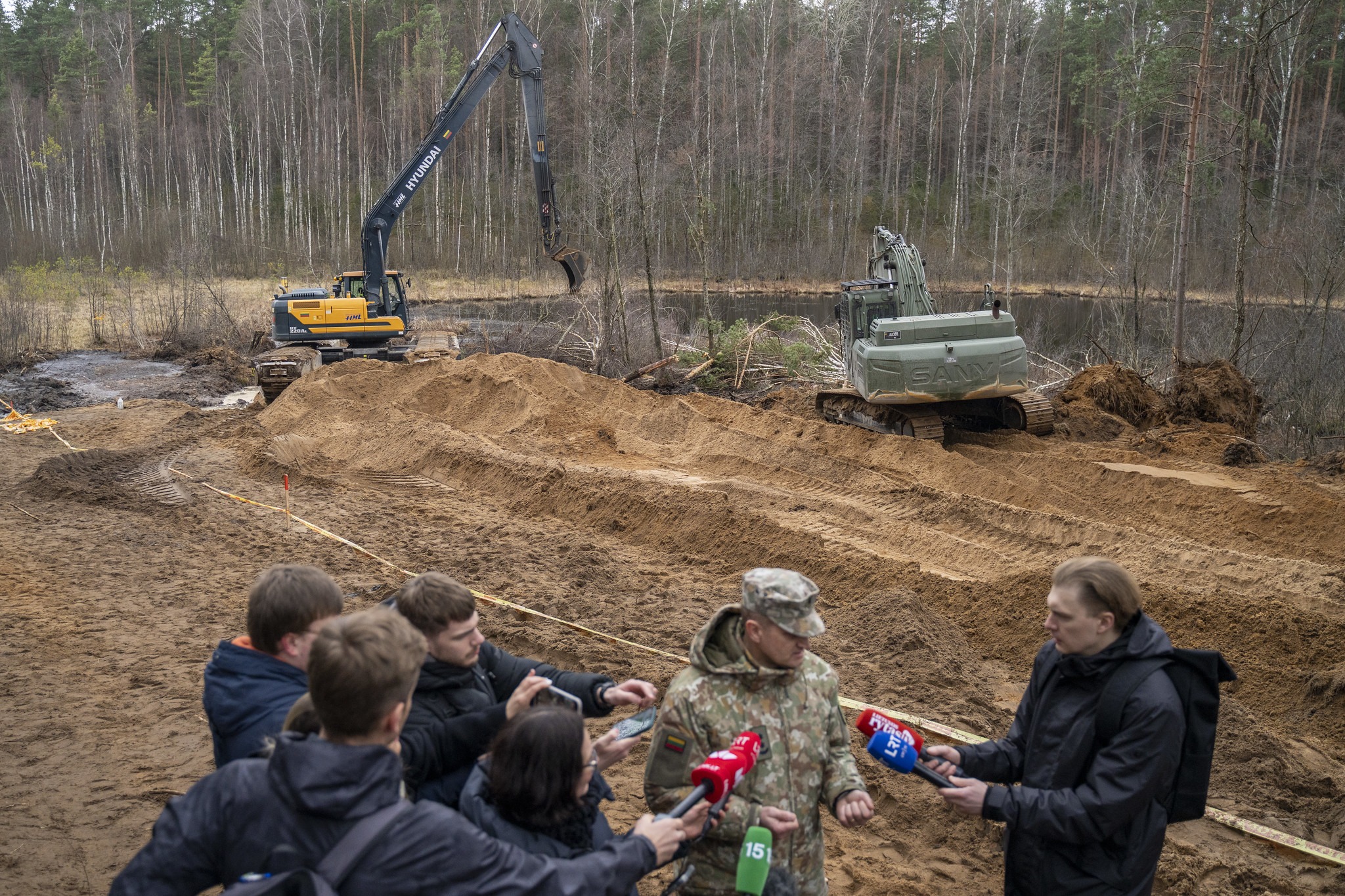
Main narratives:
- Scepticism towards NATO functionality;
- Malign Western influence;
- General anti-government sentiments.
Overview:
Over the past week, the tragic incident in Pabradė drew widespread attention in both the Lithuanian and international media. Four U.S. soldiers participating in a NATO training exercise went missing after their vehicle was found submerged in a swamp, sparking an intense multi-day search. The uncertainty surrounding their fate raised concerns about the safety and oversight of joint military operations in Lithuania, particularly amid heightened regional tensions.
Kremlin-aligned media quickly seized on the event, framing it as a consequence of Lithuania’s reliance on foreign military forces. Reports emphasised the dangers posed by NATO’s presence, questioning the competence of joint exercises and portraying the U.S. soldiers’ disappearance as a symbol of Western recklessness. Outlets described the tragedy as a result of foreign interference and suggested that Lithuania’s sovereignty and safety were being compromised by its alignment with the West.
These narratives aimed to undermine public trust in Lithuania’s defence strategy by amplifying doubts and internal criticism. By portraying NATO as both a source of instability and a risk to national well-being, Kremlin-backed outlets attempted to weaken support for international cooperation and foster a sense of vulnerability. The tragedy in Pabradė became a tool in the broader effort to cast Lithuania as fragile, divided, and overly dependent on foreign powers.









